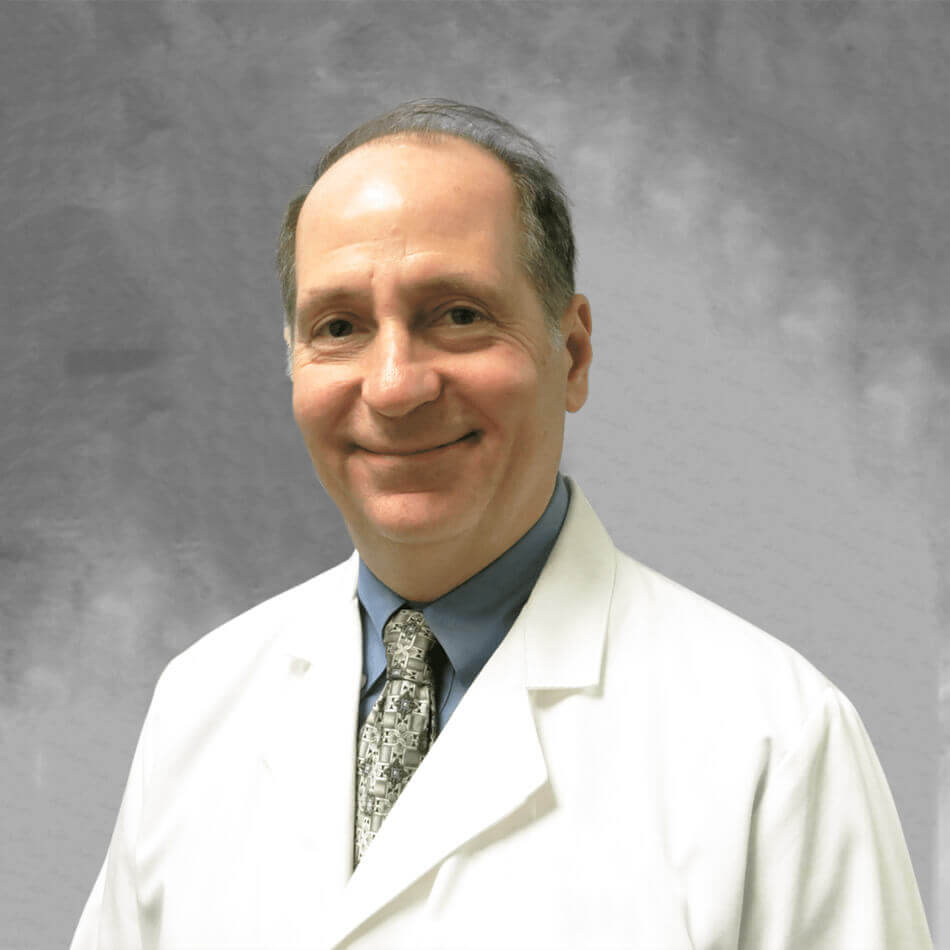Like any other surgery, plastic surgery requires a period of downtime, rest and recovery afterwards. The period can vary greatly depending on the extent of the procedure, but regardless, you should not undergo the procedure until you’re ready to take it easy for 1-4 weeks.
Make sure you extensively discuss recovery needs and expectations with your surgeon before signing off on any procedures. It is essential that patients have a plan for taking time off work, caring for children or other family members so that they can fully rest and recover as much as necessary. Having clear expectations of your needs ahead of time is the best way to ensure a successful recovery.
With that in mind, let’s discuss some details of after-care plans for plastic surgery. Keep in mind that the recovery period varies dramatically depending on the surgery.
- Generally, you shouldn’t do any heavy lifting for six weeks. Heavy-lifting means nothing heavier than a carton of milk. As such, it’s best to have a partner, family member or friend on hand to assist with these needs.
- No driving until you are off pain medications. Once you’re off all pain medications, patients can drive as soon as they feel comfortable with the task. However, if pain or discomfort is still too distracting, it may be best to let someone else take the wheel.
- Be prepared for a wide range of emotions in the weeks following surgery. At first, most patients generally feel bad – expect to go home and sleep, or relax in front of the TV. As you spend several days resting, doubts can creep in, and you may wonder if you made a mistake. This is very natural, and it may take several months for you to fully accept the procedure. Don’t be surprised if you don’t “feel like yourself” for a short period, but know that most patients go through this phase and end up very happy with the results.
- Remember to take care of yourself emotionally as well as physically. Any good plastic surgeon will give you an exhaustive list of do’s and don’ts for caring for yourself physically and ensuring proper healing. However, it’s important to remember your emotional needs as well. Don’t make any big decisions or involve yourself in anything too stressful following the surgery. Eat well, and keep in contact with friends and family. Read books and watch movies that keep your spirits up, and sit outside when you can to get some fresh air and soak up some sunlight. Your mental health can have a big effect on your physical wellbeing.
- Be very careful with any incision sites. These are some of the most sensitive areas throughout plastic surgery recovery. As a general rule, gently clean scabs with half-strength hydrogen peroxide and use antibiotic ointments frequently to keep the area moist. Watch out for any signs of infection, ie, yellow//pus-like discharges or a fever.
Having a good after-care plan is important. If you’re looking for further advice for recovering from plastic surgery, call Dr. Mucci today.

